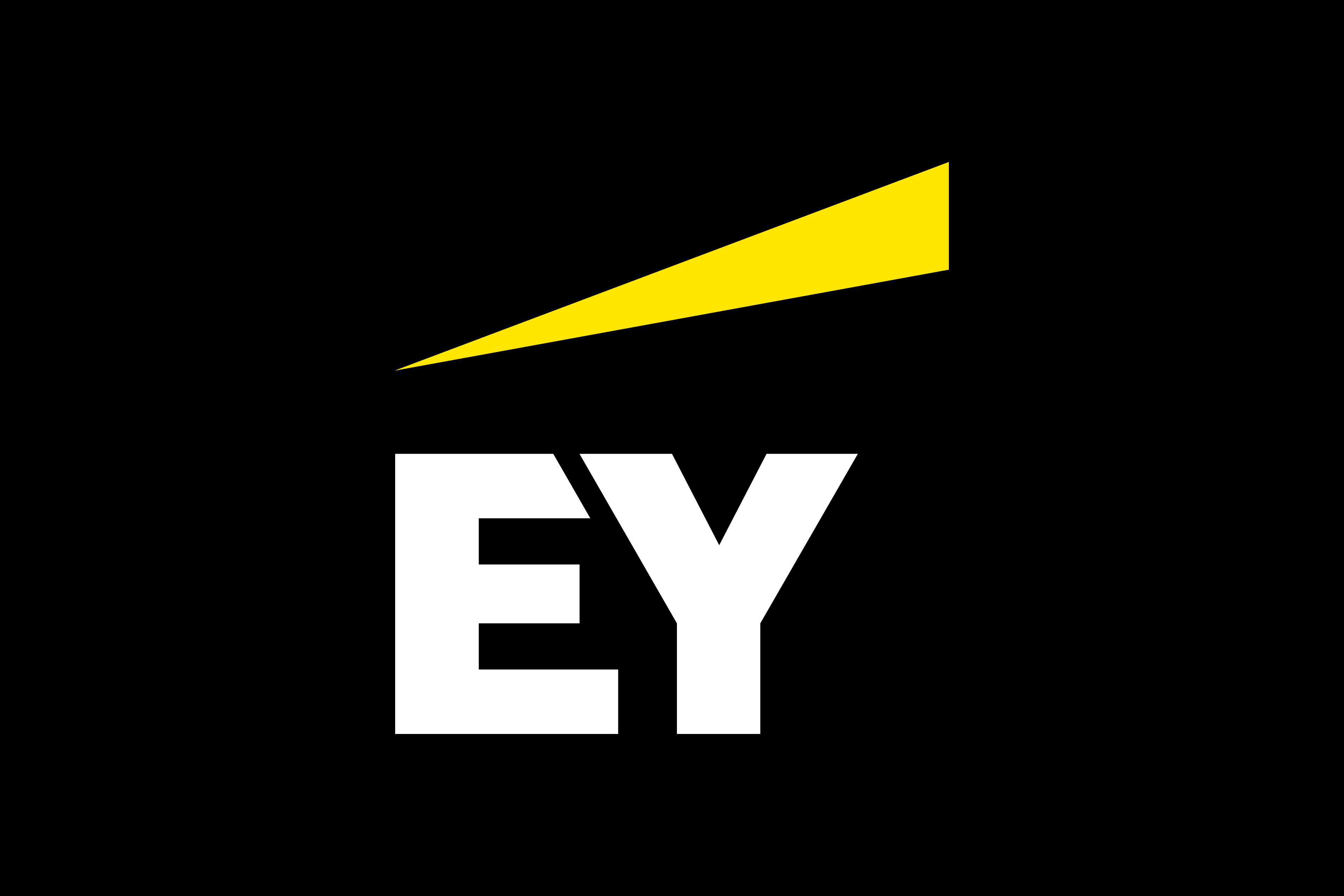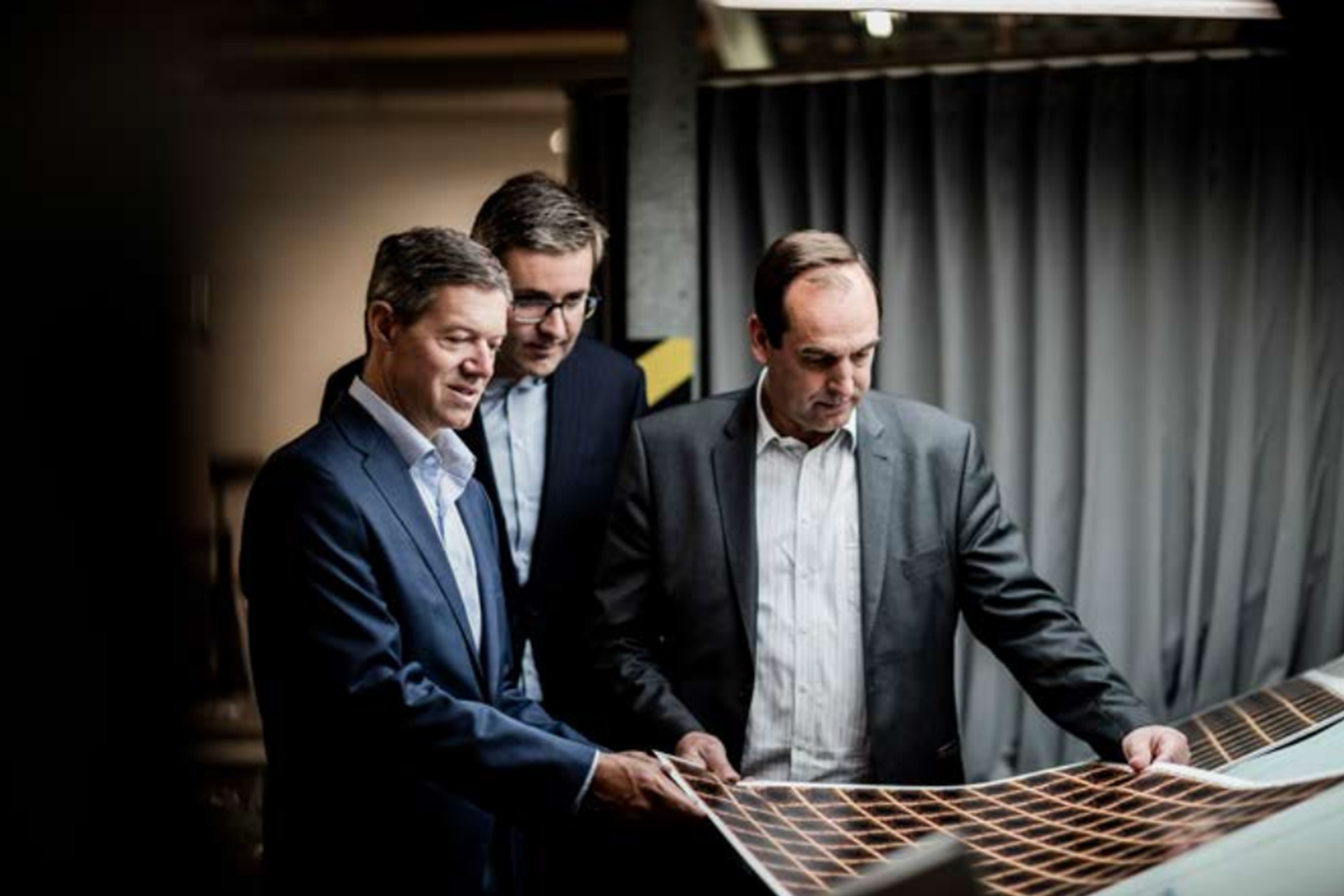EY refers to the global organization, and may refer to one or more, of the member firms of Ernst & Young Global Limited, each of which is a separate legal entity. Ernst & Young Global Limited, a UK company limited by guarantee, does not provide services to clients.

The family business from Limburg is the proud 2022 Ambassador of the “Family Business Award of Excellence®”.
In summary:
- The jury of the “Family Business Award of Excellence®” rewards Spaas Kaarsen for their value-driven strategy, excellent governance structure, sustainable entrepreneurship and clear leadership
- Spaas Kaarsen has laid down strong foundations over the generations. Today, the Limburg family business is preparing the transition to the 6th generation
- The 170-year-old company wants to tackle a number of challenges (sustainable growth, digital transformation, etc.) so that they can transfer the family business to the next generation as smoothly as possible
As a family business of 170 years (!) and five generations, Spaas Kaarsen is already a unique entity. The Hamont-Achel family business is a more than deserving winner of the “Family Business Award of Excellence®” 2022.
Which traits played a role in obtaining this recognition?
Ben Spaas: “Undoubtedly the DNA of our company. By that I mean specifically our core values – Responsibility, Openness, Respect and Customer Focus – and our family values. For us, these values are not just empty words on a website. They are firmly anchored in our entire corporate culture and in our business operations. They provide a handle for all levels of the company: for managers, HR staff, but also for our employees in the workplace.”
Sarah Spaas: “Our family values are also a vital part of who we are today. The most important of those is being involved, something that is expressed at different levels. First and foremost in relation to our company and our employees. In addition, this involvement also refers to our local positioning in the city of Hamont-Achel, which was declared a candle city back in the 1980s. If you’ve been an important employer in the same region for so many generations, you automatically feel responsible and involved for your people and your region. Lastly, we also demonstrate a great deal of social commitment. I am thinking specifically of a number of social projects that we support as part of our CSR policy.”
Ben Spaas: “I would like to add that we see commitment as the combination of passion, drive and discipline. Of course, there's a lot more hidden behind these three words. The fact is that as disciplined, driven and passionate shareholders we are entrepreneurs, and in fact we expect that from our employees too.”
Our father was not in favor of a future with 20 shareholders and wanted to ‘prune the tree’, with the continuity of the company as the main driver.
Why do you think the jury named Spaas Kaarsen the winner this year?
Ben Spaas: “The chairman of the jury said a lot about this during the award ceremony and EY also highlighted a number of elements during a podcast. The fact that we are a value-driven company has certainly played a role, but there are other decisive elements. Perhaps the most important thing is the continuity of the shareholding. To be honest, we can’t take the credit for this; it’s down to our parents. It is our father who, with the moral support of our mother, has ensured that the shareholding – which had been diluted over the generations to more than 20 active and non-active family shareholders – could be reduced so that the company could be better managed. The jury emphasized that this was visionary for the time. Our father also had to get his hands on external financing to buy out each of these 20 shareholders.”
Sarah Spaas: “We all know that non-active shareholders have very different interests from active shareholders. Our father was not in favor of a future with 20 shareholders and wanted to ‘prune the tree’ with the continuity of the company as the main driver.”
The fact that we won this Award not only gives us a lot of satisfaction as a family, but is also a crowning achievement for our employees, the candle on the cake as it were.
Your product is in the ‘traditional sector’ and – with all due respect – is not a high-tech product. How do you ensure that candles remain fascinating to the outside world?
Ben Spaas: “Candles are not really high-tech, but now more than ever they have a place in every household.”
Sarah Spaas: “Candles bring people together, in good moments and not so good moments. They bring coziness but also togetherness, and there are an increasing number of occasions on which they are used. The product has evolved from a source of light and heat to an emotional driver to create a certain atmosphere in a space where people come together. During the Corona crisis, we noticed the importance of this symbolic value, and this feel-good factor contributes in particular to the fact that candles remain attractive to the outside world. In the world of bits and bytes, people crave something that brings them together, and candles can provide just that.”
Ben Spaas: “We want to remain attractive not only to the outside world but also to our (potential) employees. We see real growth opportunities, thanks in part to the value-driven approach we already mentioned, and our view of a sustainable future. Sustainability and growth can go hand in hand, and we want our employees to be central in this and make a difference. The fact that we won this Award after a lot of scans, interviews and presentations not only gives us a lot of satisfaction as a family, but is also a crowning achievement for our employees, the candle on the cake as it were.”
Sarah Spaas: “It is very gratifying to receive this recognition from an external body. We find that customers enjoy working with a company that is doing well. It gives us a boost and extra energy to go a step further.”
You have successfully rounded the cape from the 4th to the 5th generation, thanks to your parents. What’s the recipe for celebrating your upcoming 170th birthday?
Sarah Spaas: “Everything depends on trust. In our case, we have 2 shareholders and that works easier than if there are 4 or 5. Fortunately, Ben and I have always got along well, and we complement each other well too. People feel we’re a close-knit team. The mutual trust can be found in the little things: openness towards each other, daring to call things by their name. As long as there is trust, you can build.”
Which achievements are you most proud of?
Ben Spaas: “Our parents have laid the foundations of the company and have experienced ups and downs in the process. The biggest setback was when the factory here in Hamont-Achel burned to the ground in the 1980s. They could have decided to quit then, but some sort of primal instinct has propelled our parents to expand the company even further. Their greatest achievement was probably the pruning of the family tree.
Since we took over the reins of the company in 2004 – Sarah a little later – the company has grown steadily and sustainably. Today, a total of 330 people work for Spaas Kaarsen, 160 of them in Hamont and 170 in Poland (Stargard near Stettin or Szczecin). The company is a leader in the European candle market with a turnover of 92 million euros in 2021. Our goal now is to prepare the company for the 6th generation that will arrive within a few years.”
Sarah Spaas: “We set up a new factory in Poland and put new office buildings into operation in Belgium. Of course, we have also had a number of crisis moments, in particular Brexit and Corona, but we have learned a lot from them, drawn additional energy from them and we have emerged stronger than ever. It has also encouraged us to tap into new markets.”
Ben Spaas: “That’s rather typical of the DNA of a family business: not giving up in the face of adversity but soldiering on. This mentality has benefited us, because since 2004 we have been able to triple our turnover, without takeovers and in a sustainable manner. So, we are proud of this growth story that we’re writing.”
What are the challenges for the future at Spaas Kaarsen?
Ben Spaas: “We really want to continue along the path of sustainable organic growth even more emphatically. We are working hard on this, and have drawn up a kind of roadmap, with short-, medium- and long-term initiatives. This will have a major impact on business operations and what our company will look like in 5 to 10 years’ time. A second challenge is the digital transformation of business processes: how can we use the technology to make our processes simpler, more efficient and faster?”
Sarah Spaas: “A third challenge is to tackle two areas where there is scarcity. The first is human capital, where there is a ‘war for talent’, which means we must try and continue to attract good employees. And then there is also the scarcity of raw materials in all production-related environments, for which we are endeavoring to come up with solutions and alternatives. Finally, as a brand, we want to remain relevant to our target group; clearly establishing our brand identity is crucial to the further growth of the SPAAS brand.”
The final question: is the succession planning going well?
Sarah Spaas: “The 6th generation is too young (between the ages of 16 and 22) to make choices right now. They have to be enthusiastic, and they also need the necessary capacities.”
Ben Spaas: “In any case, we have provided for the various transfer scenarios in our family charter. Now we have to look at the appropriate scenario in the coming years.”
Newsletters EY Belgium
Subscribe to one of our newsletters and stay up to date of our latest news, insights, events or more.
Summary
A successful transfer from the 4th to the 5th generation – thanks to the parents of Ben and Sarah Spaas – ensured that the Limburg family company Spaas Kaarsen can today focus on a number of strategic goals and challenges. One of these is achieving sustainable growth. With a traditional product – candles – Spaas Kaarsen is committed to sustainable growth, digital transformation, tackling scarcity in the labour and raw materials markets, plus it wants to further consolidate and expand Spaas as a brand.
Related articles
The winner of the Family Business Award of Excellence explains its vision and its plans for the future.

